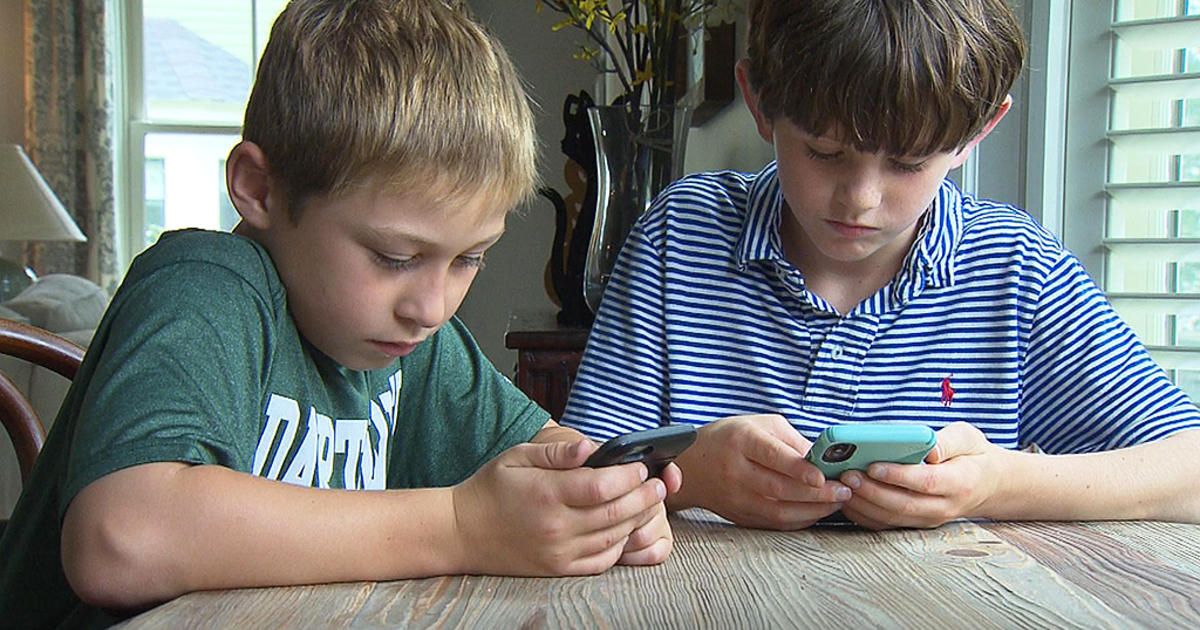Prison Knitting Class Not Necessarily About Knitting
MICHAEL LIVINGSTON II
The Washington Post
JESSUP, Md. (AP) -- In a library room with bare shelves, Lynn Zwerling dumped balls of yarn, needles and scissors onto two folding tables and sat down to knit with her class. A new student entered the room: peach fuzz on his chin, temple fade haircut, wearing a gray Department of Corrections sweater. As he sat across from his 20 classmates, Reggie Della, 55, told him to "pick up some yarn and needles. Then you can be a knitting homie, too."
At Dorsey Run Correctional Facility in Jessup, one of the most popular recreational programs is a weekly Thursday afternoon knitting class created by Zwerling, 69, designed to teach more than two dozen inmates discipline, empathy, patience and a professional work ethic through the slow, quiet practice of turning balls of yarn into colorful creations.
For the instructors and the students, it's more than just another activity to help prisoners pass away the weeks, months and years.
"This isn't about knitting. This is re-socialization," said Zwerling, who created the program after picking up the practice soon after she retired.
To help impart life lessons, Zwerling and her co-teachers structure the class with exacting rules: To be a member, every student must sign an attendance sheet, which encourages accountability. Profanity, racial slurs, off-color jokes and nicknames are prohibited. Students are banned if they break any of the rules, and the men are prohibited from missing three classes in a row unless they are sick or observing a religious holiday.
"They appreciate being more than a number or a nickname," Zwerling said. "They appreciate us learning their individuality. They like the civility of the group."
And perhaps the last rule is one of the most important: Every new classmate must tell someone they've hurt or disappointed about their weekly practice and eventually knit that person a hat. "I'm going to tell my mother," said a young student, whose name wasn't cleared for publication by the facility.
In many cases, Zwerling is the closest thing to a maternal figure the students have at Dorsey Run, a minimum-security prison of 500 men in Anne Arundel County near the Howard County line. Indeed, part of the program's intent is to instill a sense of giving. The hats Zwerling's students make are donated to a nearby charity and Baltimore city public school students every winter.
"That's their opportunity to be empathic. They say to themselves, `I used to be that kid going to school without a hat,' " said Zwerling, a woman of average height with short gray hair and dark glasses who wears handmade clothes. "I think the lack of empathy is a major reason we have criminals. If that was heavily reinforced, I think it'd make a major difference."
The first hats the students make are for their loved ones -- mothers, children, significant others. So when the letters aren't mailed and the visits aren't as frequent, they're still remembered for the hat that took weeks or months to perfect. Percell Arrington, 42, made hats for his two sons -- one burgundy and gold for the Redskins and the other navy and silver for the Cowboys. Meanwhile, William Bright's first two hats were for his significant other.
"I've learned a lot of patience from Lynn, and knitting helps me relax," said Bright, 45, who was arrested for robbery in 2012.
A self-proclaimed knitting evangelist, Zwerling's activism began in the 1960s when she marched as a peacenik.
"We're wayward women and misguided hippies," Zwerling said of herself and fellow instructors Sheila Rovelstad, 63, an artist from Columbia, and Lea Hiers, 64, a MARC train operations clerk from Laurel. "We come from a generation that believes the individual has the potential to impact society."
A car saleswoman for 18 years, Zwerling learned how to knit by watching YouTube videos. She met Rovelstad and Hiers through knitting groups she formed on Meetup, a social-networking site for people with similar interests to convene.
With their help, Zwerling hatched a plan to share her newfound love of knitting with people who dealt with stress and tension regularly.
"Whose population would really enjoy something that calmed them down, that made them feel good?" Rovelstad said. "When you go to prison, it's like you're put on hold. The rest of the world goes on without you. It's like a pause button."
But getting prison officials to embrace the idea wasn't easy. Margaret Chippendale, then administrator of the Jessup Pre-Release Unit, approved the program there in 2009. She saw it as an opportunity for what she calls "restorative justice." The facility's other recreational programs and employee-readiness workshop programs benefit only the individual, she said. By knitting, the students are putting their families and children in need first. "That piece of it -- doing it for others and being selfless -- sold me," she said.
"At the time, I was looking for additional programming for my students," Chippendale said. She had her reservations -- as did officials at other prisons -- about needles and scissors being brought into prison, but Zwerling persisted. "Lynn wouldn't quit; she's a force to be reckoned with."
That doesn't stop guards and other officials from watching the program with a careful eye. The guards count everything -- every skein and ball of yarn, every pair of needles and every pair of scissors. Security personnel were worried that the students might steal the needles and use them as weapons. "'Friends don't steal from friends,"' Zwerling would tell her students. "Then they'll carefully explain to us that they are not thieves."
Since Zwerling's project has grown, other prisons have expressed interest in knitting programs. Similar programs have appeared at the Saginaw Correctional Facility in Freeland, Michigan, and the Blaine Street Women's Jail in Santa Cruz, California.
"I sat in with the group, to see it for myself," said Dorsey Run's administrator, Dionne Randolph. "It was an excellent idea. Any differences or biases they have (are) checked at the door."
The instructors admit that their efforts don't work overnight. They attempt to instill exercises that encourage patience. Beginners first learn to make a swatch, and they keep a piece of yarn in their pockets. Zwerling says she asks them when they are angry to tug on the swatch and remember her. Remember that making one mistake will keep them away from her and knitting permanently. Remember who they are knitting for: their children, their wives, the kids without hats to wear next winter.
Mark Stapleton, 48, of Taneytown, Md., said he was mocked about his participation in the class. "Some guy would say, `You're knitting? That's for girls.' Later, that same guy is sitting next to me in class," he said.
Stapleton was released from prison last year after serving time for money laundering. He now knits for his children and for those at a hospital in Carroll County. He said he learned the lessons of empathy and responsibility and noted that many of his fellow students couldn't wait for their weekly classes to begin.
"We'd started getting a little rowdy" when the guards would sometimes delay the classes for security reasons, he said. "We wanted to start knitting."
------
Information from: The Washington Post, http://www.washingtonpost.com
AP-WF-07-06-14 1502GMT
(Copyright 2013 by The Associated Press. All Rights Reserved.)



